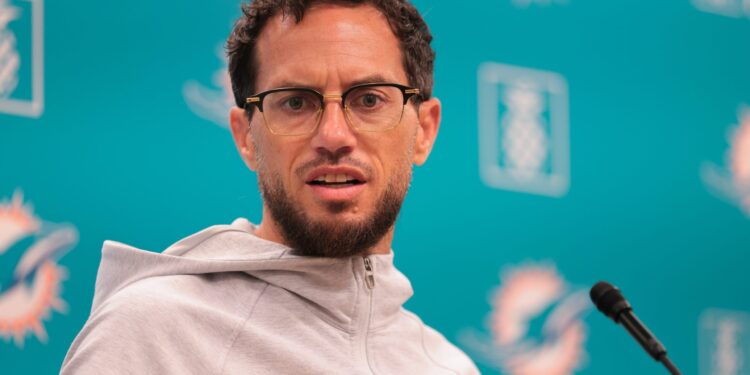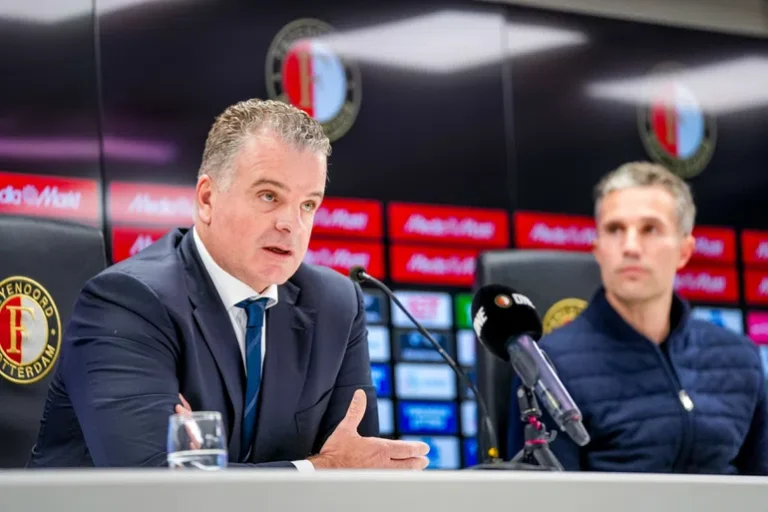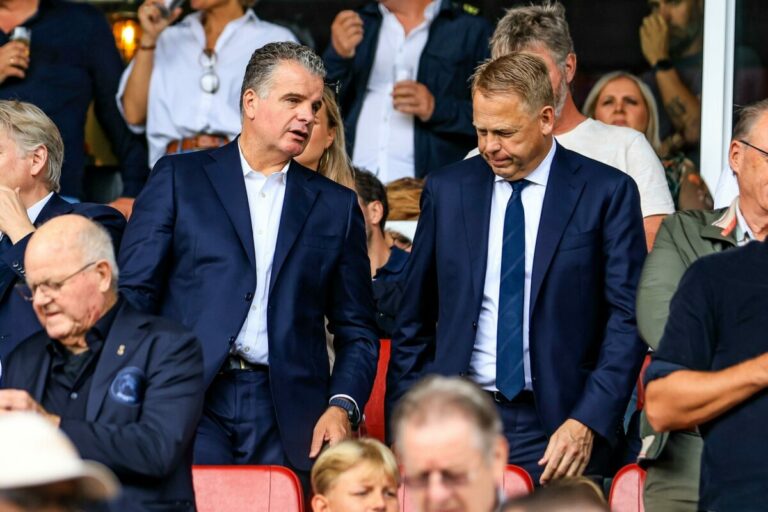
Jun 10, 2025; Miami, FL, USA; Miami Dolphins head coach Mike McDaniel talks to reporters before practice during mandatory minicamp at Hard Rock Stadium. Mandatory Credit: Sam Navarro-Imagn Images
The Miami Dolphins began their recent NFL campaigns with the kind of buzz and optimism that fans in South Florida hadn’t felt in over a decade. At the center of that excitement stood head coach Mike McDaniel, the quirky, brilliant offensive mind who arrived from San Francisco with a reputation as a football savant. His first season brought flashes of promise, his offense dynamic and creative, earning praise across the league. He was, for many, the perfect match for quarterback Tua Tagovailoa—a scheme-friendly coach who could unlock Tua’s accuracy and timing in ways his predecessors failed to do.
But as the Dolphins march deeper into another high-expectation season, that early magic has begun to fray at the edges. Miami still wins games, and its offense can still explode on any given Sunday—but the gaps are widening. The flashes of genius are becoming more intermittent. And suddenly, the NFL is asking: Has Mike McDaniel’s brilliance hit a wall? Or is this merely a necessary evolution—one that will define the next chapter of his tenure in Miami?
The issue is not a lack of talent. The Dolphins boast one of the most explosive skill-position groups in the league. Tyreek Hill remains a human highlight reel, capable of changing a game with a single play. Jaylen Waddle’s speed and shiftiness make him the perfect complement. Tua has remained largely healthy and statistically efficient. Yet, for all the firepower, the Dolphins have struggled mightily against top-tier competition.
When facing elite defenses—whether it’s the Bills, Ravens, Chiefs, or 49ers—the high-octane Miami offense has sputtered. What was once innovative pre-snap motion and deceptive play-calling has grown predictable. Opposing coaches have started to






